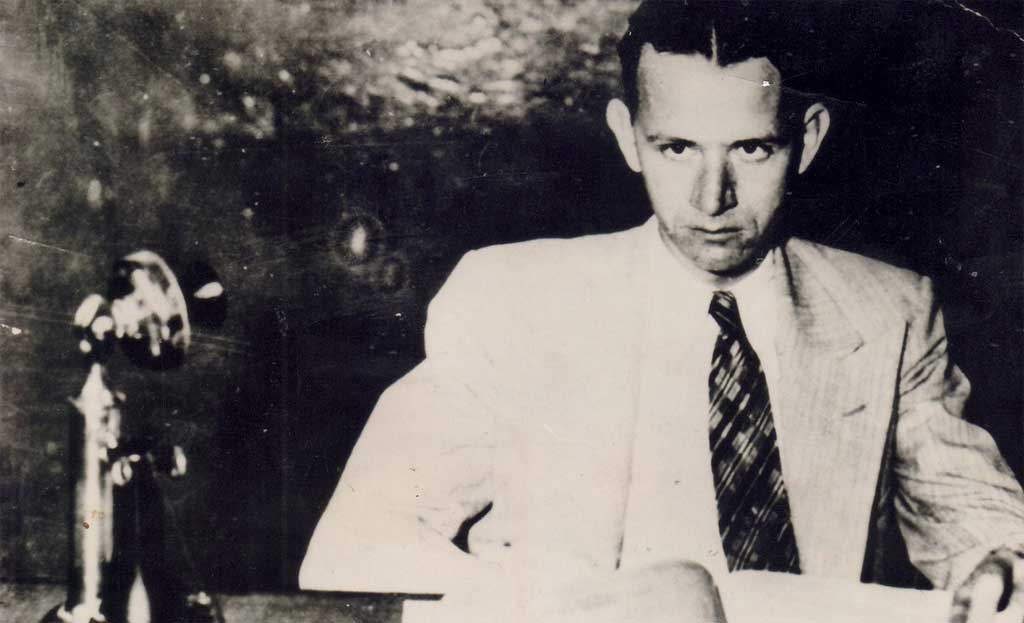The president requested on his Twitter account not to forget the date on which Guiteras was killed in Morrillo, a town in the western city of Matanzas, and reminded of the qualities of the man who was a “radical anti-imperialist”.
He referred to him as the most vigorous arm and the purest spirit of the national revolutionary movement, a definition given by another outstanding figure of Cuban history: Raul Roa.
On May 8, 1935, a betrayal led the repressive forces to the Morrillo, where Antonio Guiteras and the Venezuelan Carlos Aponte were hiding. They fought the soldiers in unequal combat.
Considered as one of the leaders of the so-called Revolution of the 30’s in Cuba, Guiteras stood out since his time at the University of Havana, where he obtained his Doctorate in Pharmacy in August 1927.
Founder of several revolutionary organizations, he promoted the armed struggle against the tyranny of Gerardo Machado (1925-1933) and, after its overthrow, he became Secretary of the Interior during the so-called Government of the 100 Days (1933-1934), headed by Ramón Grau.
From that position, to which the Secretariat of War and Navy was subordinated, Guiteras promoted progressive measures, such as the creation of the Secretariat of Labor; the eight-hour workday; and the establishment of the minimum wage (of one peso a day for the city and 0.80 cents for the countryside, which up to that time was 0.20 cents for 10 hours or more).
Other actions were: the distribution of lands and colonization projects; proclaiming university autonomy; calling for a Constituent Assembly; lowering the prices of basic necessities; reducing the price of electric energy and ordering the intervention of the Cuban Electricity Company.
Such actions earned him the hostility of the United States, the oligarchy and factions of the Army, particularly Fulgencio Batista, who persecuted him until his murder.
jrr/jav/mgt/kmg









